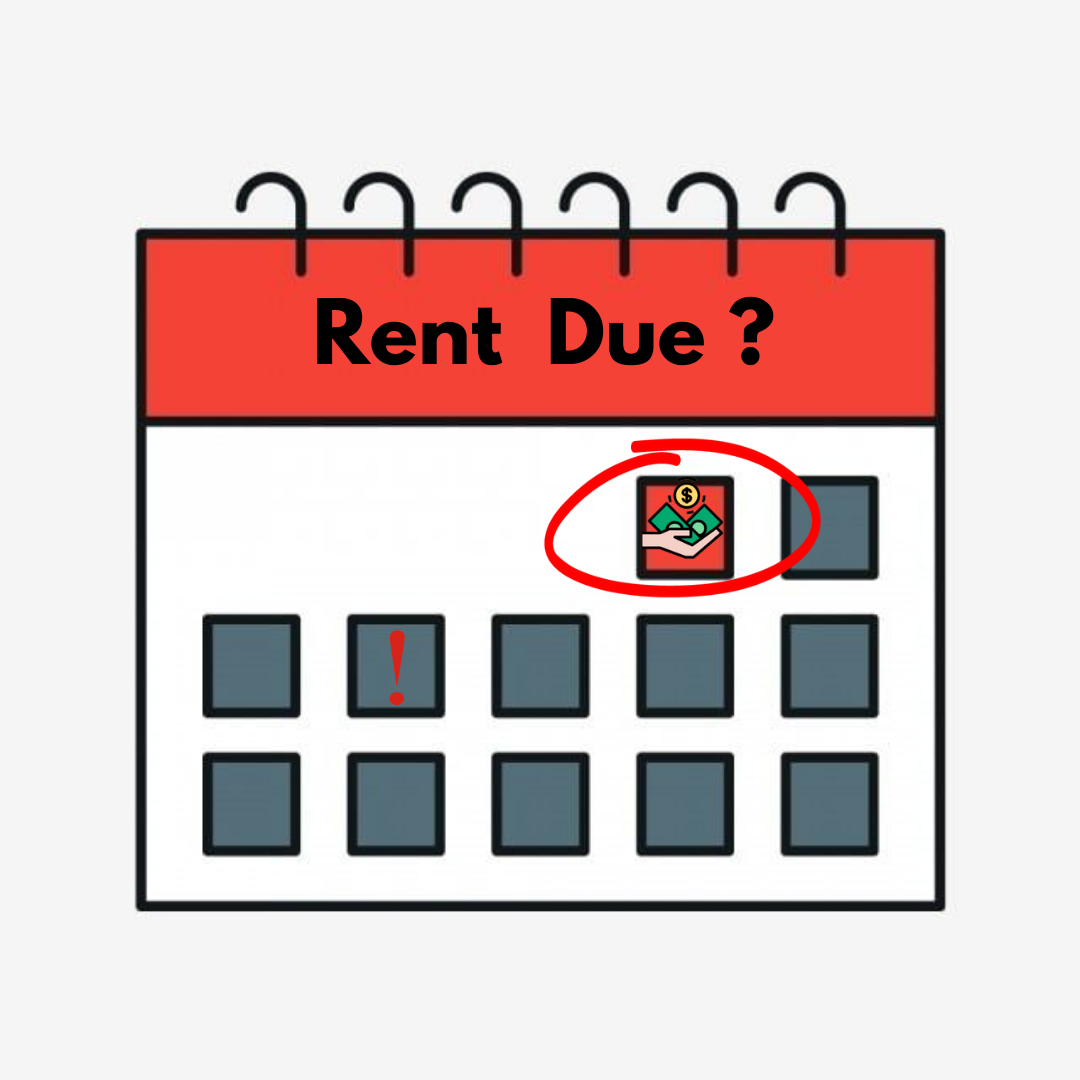
Late Payments With Your Landlord vs With Credit Reporting Agencies
Are you worried about late payments to your landlord and it negatively affecting your credit score? A late rent payment might mean different things to you, to your landlord, and to credit bureaus. To help with that we will answer a few questions. You might have less to worry about than you think!
What is considered a late payment with your landlord?
For the answer to this question, you are going to have to look carefully at your lease agreement. Some landlords and leasing companies have variations on what they consider a late payment, something you can negotiate with your landlord when signing a new lease.
Technically, any late payment is considered late if it is not turned in on the rent due date agreed to in your lease, however, there is typically a grace period of 3 – 5 days. Some states have mandatory grace periods and others do not so be sure to check the renter rights laws in your state!
What are the penalties?
If you don’t pay rent when it’s due, expect your landlord to call, email, or otherwise contact you, to collect the rent. They can also begin assessing late fees if there is a late fee provision in your lease or rental agreement.
As an extreme measure they can even send you a termination notice, telling you that if the rent is not paid within a certain number of days or if you haven’t moved out by then, the landlord will begin eviction proceedings.
If this ever happens, be sure to check the rental laws in your state because as a renter, you do have legal rights that landlords must respect.
If Rent Is Due On The 1st When Is It Late?
According to the credit bureaus, a late rent payment is not considered late until it’s 30 days past its due date. For example, if your rent is due on the 1st of every month, it is late if you pay it on the 31st day of that month.
What are late rent payment penalties?
The penalty for late rent payment is similar to when you have a late payment with your other tradelines. A payment made 30 days beyond the due date will have a negative impact on your credit score. This late payment can also stay on your credit report for 7 years, but its effect on your credit score will also diminish over time.
Being 30 days late is bad for your credit score, but it’s not as bad as 60, which is not as bad as 90. The sooner you can catch up, the less damage to your credit. When your account is current, you can write a goodwill letter asking the creditor to remove the negative mark.

Take Our FREE Credit Literacy Quiz!
In just a few minutes, discover your credit knowledge level and get instant access to a FREE credit education course tailored to you!
Does a late rent payment affect my credit score?
If your landlord reports it, yes, it will negatively affect your credit score, but it’s not that easy to do so.
Each major credit bureau operates independently, so a landlord who is interested in reporting late rent payments would have to contact each bureau directly and subscribe to its services.
A landlord must meet certain requirements in order to do this, including payment of subscriber fees as well as having the required equipment and software necessary to electronically report to the bureau.
Subscriber requirements vary by bureau, and some bureaus won’t even accept negative rental payment history on their reporting.
What can you do if you know your rent payment will be late?
The most important thing to do is to communicate with your landlord as far in advance as possible.
Late payments never make landlords happy, but it’s better that they know about it in advance so they can prepare, especially if they are an independent landlord.
Late payment surprises won’t put landlords on your side when you need to ask them for flexibility, being upfront and honest can increase your chances, especially, if you’ve been paying on time for a long time. Your landlord might be willing to forgive one late payment if you talk to them and explain your situation.
If you’re sincere and apologize, you may be able to ask for an extension, offer a partial payment, and persuade them that it won’t happen again.
Give your landlord assurance of your plan to pay and you may be able to stop them from reporting your late payment. If you’ve missed a payment and confirmed that it has lowered your credit rating, see if you can convince your landlord to remove the ding from your credit report.
Tips when talking to your landlord about late rent
- Talk to them and let him or her know your situation. There is no shame in asking for some help and flexibility.
- Have a plan for what you want to ask for, whether it’s to forgive your rent for a few months or to give you extra time to make payments. Be realistic about what will work for you and be clear about what you can commit to.
- Approach the conversation with empathy for your landlord, who may also be facing financial difficulties
- Emphasize that you are a good, responsible tenant and want to continue living in your unit for the long-term. Landlords prefer to not have to find new tenants, especially now, so they will likely be willing to work with you if they know you plan to stick around.
- Be sure you are both clear on the terms of the agreement and get everything in writing.


